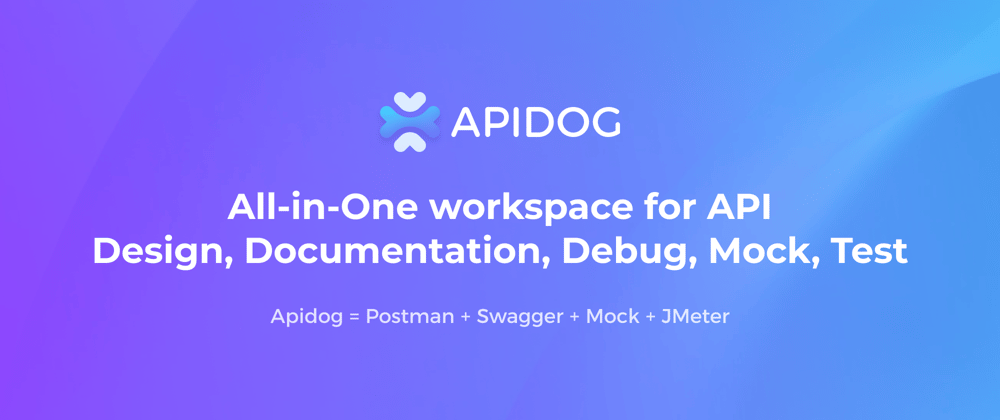How Do You Use Postman Console
Mastering the Postman Console for API Testing
The Postman console is a powerful tool for interacting with and debugging your API requests. It allows you to view the request and response details, execute JavaScript code, and inspect the underlying network traffic. This guide will provide a comprehensive overview of the Postman console, with practical examples and step-by-step instructions to enhance your API testing workflow.
1. Accessing the Postman Console
The Postman console is readily accessible within the Postman application. You can find it by clicking the “Console” tab at the bottom of the Postman window. This will open a new pane where you can interact with JavaScript and view various logs.
2. Interacting with JavaScript in the Postman Console
The Postman console provides a robust JavaScript environment that allows you to manipulate and analyze request and response data, automate tasks, and perform complex logic within your API testing workflows.
2.1. Accessing Request and Response Data
The Postman console provides access to the pm object, which gives you direct access to the request and response details.
Example:
console.log(pm.request.url); // Prints the request URLconsole.log(pm.response.text()); // Prints the response bodyconsole.log(pm.response.json()); // Prints the response body as JSON2.2. Using JavaScript for Assertions
You can use JavaScript’s assertion library to verify the correctness of your API responses.
Example:
const jsonData = pm.response.json();pm.test("Status code is 200", () => { pm.expect(pm.response.code).to.be.equal(200);});pm.test("Response has a 'name' field", () => { pm.expect(jsonData).to.have.property('name');})3. Debugging API Requests with the Postman Console
The Postman console enables you to troubleshoot issues with your API requests by providing detailed information about the request and response.
3.1. Viewing Network Traffic
The console allows you to inspect the raw network traffic by logging the request headers, response headers, and request and response bodies using pm.sendRequest and pm.getResponse.
Example:
pm.sendRequest({ url: 'https://api.example.com/users', method: 'GET', headers: { 'Content-Type': 'application/json', 'Authorization': 'Bearer your-token' }}, (err, res) => { console.log(res.headers); console.log(res.text());});3.2. Utilizing console.log for Debugging
The familiar console.log function can be used to print any information you need to inspect during your testing process.
Example:
const user = pm.response.json();console.log(user.name);4. Automating API Testing Using Postman Console
You can automate repetitive tasks, such as data setup, validation, and reporting, by utilizing JavaScript code within the Postman console.
4.1. Pre-Request Scripts
Pre-request scripts are executed before sending an API request. They allow you to manipulate the request parameters, generate data, or set up test conditions.
Example:
const randomId = Math.floor(Math.random() * 1000);pm.request.url.path.push(randomId); // Append random ID to request URL4.2. Tests
Tests are executed after receiving the API response and are used to validate the response against the expected outcomes.
Example:
const responseData = pm.response.json();
pm.test("Response has a status code of 200", () => { pm.expect(pm.response.code).to.be.equal(200);});
pm.test("Response body includes the correct ID", () => { pm.expect(responseData.id).to.be.equal(randomId);});5. Enhancing Your API Testing with the Postman Console
By leveraging the power of the Postman console, you can streamline your API testing by:
- Simplifying complex logic: Execute JavaScript code to perform calculations, manipulate data structures, and automate complex testing scenarios.
- Improving test coverage: Implement comprehensive tests that cover various aspects of your API’s functionality.
- Debugging effectively: Analyze request and response details to identify and resolve issues quickly.
- Automating repetitive tasks: Create scripts for data setup, validation, and reporting to make your testing process more efficient.
By incorporating the Postman console into your API testing workflow, you can achieve a more efficient, comprehensive, and reliable test suite.
